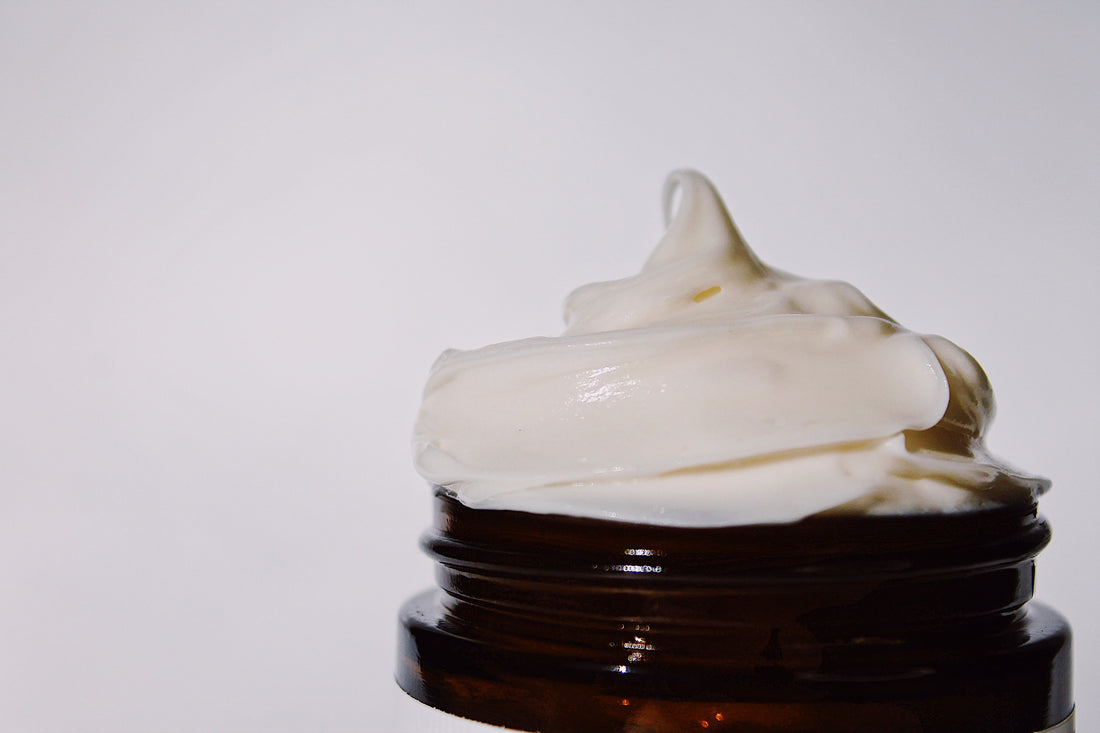
All You Need to Know About Gluconolactone in Skincare: Benefits, Uses, and Side Effects

Gluconolactone is a type of polyhydroxy acid (PHA) that is becoming increasingly popular in skincare products. It is known for its exfoliating and moisturizing properties, making it a great ingredient in anti-aging and acne-fighting products. Here, we will answer some of the most frequently asked questions about Gluconolactone in skincare.
What is Gluconolactone?
Gluconolactone is a type of PHA that is derived from glucose. It is a water-soluble acid that is used in skincare products to exfoliate the skin, promote cell turnover, and moisturize the skin. Gluconolactone is considered to be a gentle exfoliant, making it suitable for all skin types, including sensitive skin.
What are the benefits of Gluconolactone in skincare?
Gluconolactone has several benefits for skin, including:
- Exfoliation: Gluconolactone exfoliates the skin by removing dead skin cells on the surface of the skin. This helps to unclog pores and reduce the appearance of fine lines and wrinkles.
- Moisturization: Gluconolactone is a humectant, which means it attracts water to the skin and helps to hydrate the skin. This makes it a great ingredient in moisturizers and serums.
- Anti-aging: Gluconolactone can help to reduce the appearance of fine lines and wrinkles by promoting cell turnover and increasing collagen production.
- Acne-fighting: Gluconolactone can help to reduce the occurrence of acne by unclogging pores and reducing inflammation.
What are the uses of Gluconolactone in skincare?
- Gluconolactone can be found in a variety of skincare products, including:
- Moisturizers: Gluconolactone can be used in moisturizers to help hydrate the skin and improve skin texture.
- Serums: Gluconolactone can be found in serums that are designed to target specific skin concerns, such as anti-aging or acne.
- Toners: Gluconolactone can be found in toners that are used to exfoliate the skin and prepare it for other skincare products.
- Masks: Gluconolactone can be found in masks that are used to hydrate and rejuvenate the skin.
Are there any side effects of using Gluconolactone in skincare?
- Gluconolactone is generally considered to be a safe and gentle ingredient, but like any skincare ingredient, it can cause side effects in some people. These side effects may include:
- Irritation: Gluconolactone can cause irritation in some people, especially those with sensitive skin.
- Allergic reactions: Some people may be allergic to Gluconolactone and may experience redness, itching, or swelling.
- Dryness: Gluconolactone can cause dryness in some people, especially if it is used too frequently.
In conclusion,
Gluconolactone is a gentle and effective ingredient in skincare products. It has several benefits for the skin, including exfoliation, moisturization, and anti-aging properties. While it is generally considered to be safe, it can cause side effects in some people, so it is important to patch test any new skincare product that contains Gluconolactone before using it on your face. With its many benefits, Gluconolactone is definitely an ingredient to look out for in your next skincare purchase.
What DRENCHEDskin product contains Gluconolactone?
Drenched Soufflé Transforming Body Moisturizer:
Transforms your skin instantly leaving it so smooth that you wont be able to stop feeling how soft your skin is. Formulated with sensitive and troublesome skin in mind. Every single ingredient in this moisturizer is a star ingredient aimed to satisfy your senses.
Includes humectants that draw moisture to your skin, emollients to even out skin texture and occlusives' to lock in all that goodness.
Unscented for those with sensitivities to fragrance.
Citations:
- Tran, D., Townley, J. P., Barnes, T. M., & Greive, K. A. (2014). An antiaging skin care system containing alpha hydroxy acids and vitamins improves the biomechanical parameters of facial skin. Clinical, cosmetic and investigational dermatology, 8, 9–17. https://doi.org/10.2147/CCID.S75439
- Kornhauser A, Coelho SG, Hearing VJ. Applications of hydroxy acids: classification, mechanisms, and photoactivity. Clin Cosmet Investig Dermatol. 2010 Nov 24;3:135-42. doi: 10.2147/CCID.S9042. PMID: 21437068; PMCID: PMC3047947.
- Edison, B. L., Green, B. A., Wildnauer, R. H., & Sigler, M. L. (2004). A polyhydroxy acid skin care regimen provides antiaging effects comparable to an alpha-hydroxyacid regimen. Cutis, 73(2 Suppl), 14–17.
- Grimes, P. E., Green, B. A., Wildnauer, R. H., & Edison, B. L. (2004). The use of polyhydroxy acids (PHAs) in photoaged skin. Cutis, 73(2 Suppl), 3–13.

